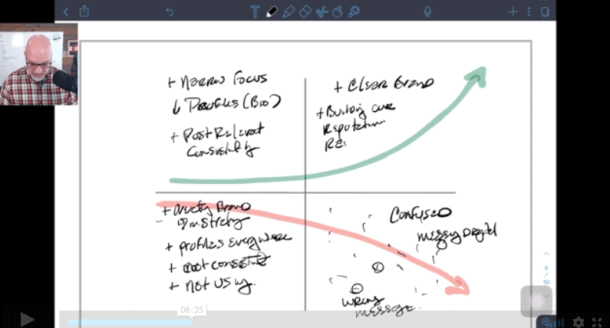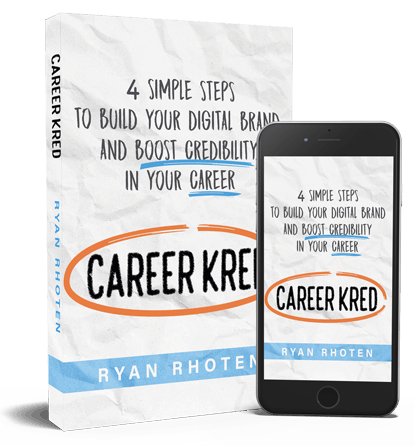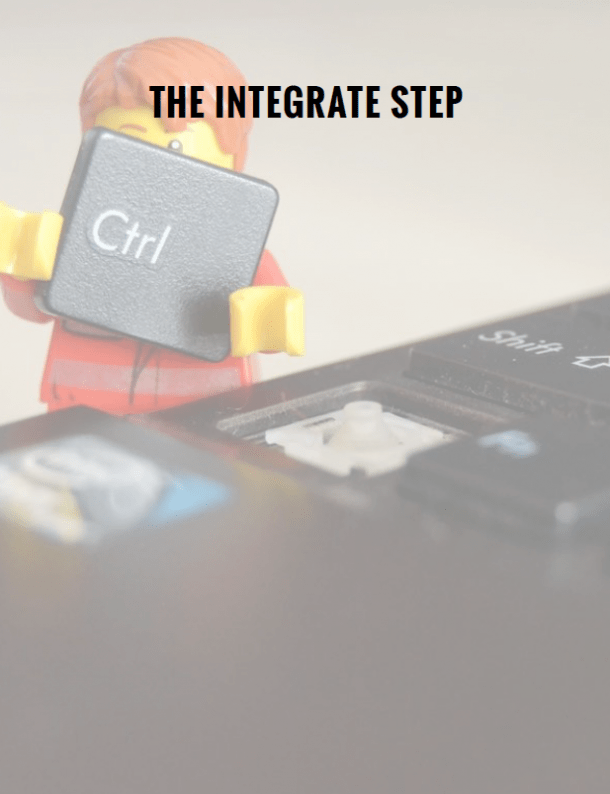“So what has kept you at your company for nearly a decade”?
The question hit me like a ton of bricks. The person asking was a new neighbor. He moved here for an opportunity to work at a start-up, his second in five years.
He and his wife had moved in the month before but it had been too cold to have them over for a cookout, until this past weekend. So there we were sitting on the deck, the grill doing its thing behind us, enjoying a cold a beverage and becoming acquainted when he dropped the question.
I realized in that moment that company loyalty was dead. Or at least, the version of it I had been raised to believe was dead.
Growing up, I used to overhear conversations between my parents and their friends discussing among other things their jobs. It was not uncommon to hear someone reply to the how long have you worked there question, with a double-digit answer.
20 years, 25 years, even 30 years for some. I remember thinking at the time that 20 years seemed like forever.
Even as I walked into my first job out school, it wasn’t uncommon to hear the double digit responses. But something changed since the first day I walked through the door of that first job.
There has been a fundamental shift in employment philosophy. Like most significant shifts it didn’t happen overnight. It has happened slowly over time. It has happened on multiple fronts, both from a corporate business standpoint and from an individual job seekers standpoint.
I used to worry about moving jobs too often because staying at a company only three years before moving on was generally regarded as a “bad” thing.
Now it seems, if you’ve stayed at a company for more than 5 years there must be something wrong with you. A decade? Forget about it!
You see today it seems that the generally accepted viewpoint, at least from where my neighbor sits, is that longevity with a company equals complacency. And for him, complacency equals death.

This is a huge mindset shift. For my generation, Gen X, longevity equaled loyalty, at least that what our baby boomer parents taught us.
It seems the same mindset shift has infiltrated corporations as well. Rather than placing value on years of industry experience and moving those “loyal” employees into higher positions, it is much more common to see external candidates being chosen over the seasoned, experienced “veterans”. Why?
Because a new perspective is needed. Why do they need a new perspective? Because you my friend, have been doing the job, the same way, for years. How can you possibly see things any differently?
It’s not your fault. The “natural” order of things in a company has fundamentally changed. Gone are the days when your career path was straightforward and easily explainable. In fact, your career path used to be so well defined that everyone knew it. It went something like this.
You get hired. Your boss trains you to take his/her place. You work for them until they move-on, get fired, retire or die. Then after years of working at the company you take their place.
Clearly this career path is dead. Now to survive you must become a career bootstrapper.
Because of this fundamental shift in employment, it is more important than ever before for those of us in the middle (middle-class, middle-aged, middle-management) to look at our careers as start-up rather than an experienced veteran.
My new young friend has figured this out, perhaps by chance or maybe it’s just a natural result of growing up in an age where you can literally do the vast majority of the jobs from any place in the world. Assuming you have a connection to the internet of course.
Looking at our careers as a start-up doesn’t have to mean packing up and moving or hopping from company to company, like your younger self-enjoying a good pub crawl.
But it does mean you need to start looking at changing positions every few years. And yes, this includes considering the lateral moves that used to be the “boobie prize” for the promotion you didn’t get. These moves need to be viewed as an opportunity for you to gain new skills and new perspectives.
Speaking of skills, consider looking outside of your organization to gain new skills. By new skills, I’m not necessarily talking about taking an accounting or business class at the local community college, although you can, if that’s what you want to do.
Instead, consider doing things out of your comfort zone. Rather than sit in a class, volunteer at a local charity. Take a leadership role with that charity. Make a point to learn things like how to properly use social media.
If you want a major look inside the mindset of a startup to attend a start-up weekend. You will not be able to look at your work the same.
Once you’ve gained these new skills you will need a place to showcase them. Developing your own website is the best possible way do that.
Not only will you have a place you can send people who want to know more about you but by virtue of creating a website you will be learning a new skill as well. Think it sounds too technical?
It’s not and in less than five minutes you can be on your way to learning a new skill.
Why is all of this important? Because this is the way of the future and frankly the future is already here. My young friend knows it and now you know it too.
But the real question that you need to answer is what will you do with this knowledge? Will complacency win or will you adopt the mindset of a start-up?
So far you’ve taken the worn path. Isn’t it time to take the path less traveled? That’s what career bootstrappers do.
Have been at your employer for a decade? If so, what changes have you seen in the career paths at your company? Been at your company for less than a decade? How do you view the most seasoned folks in your company?





